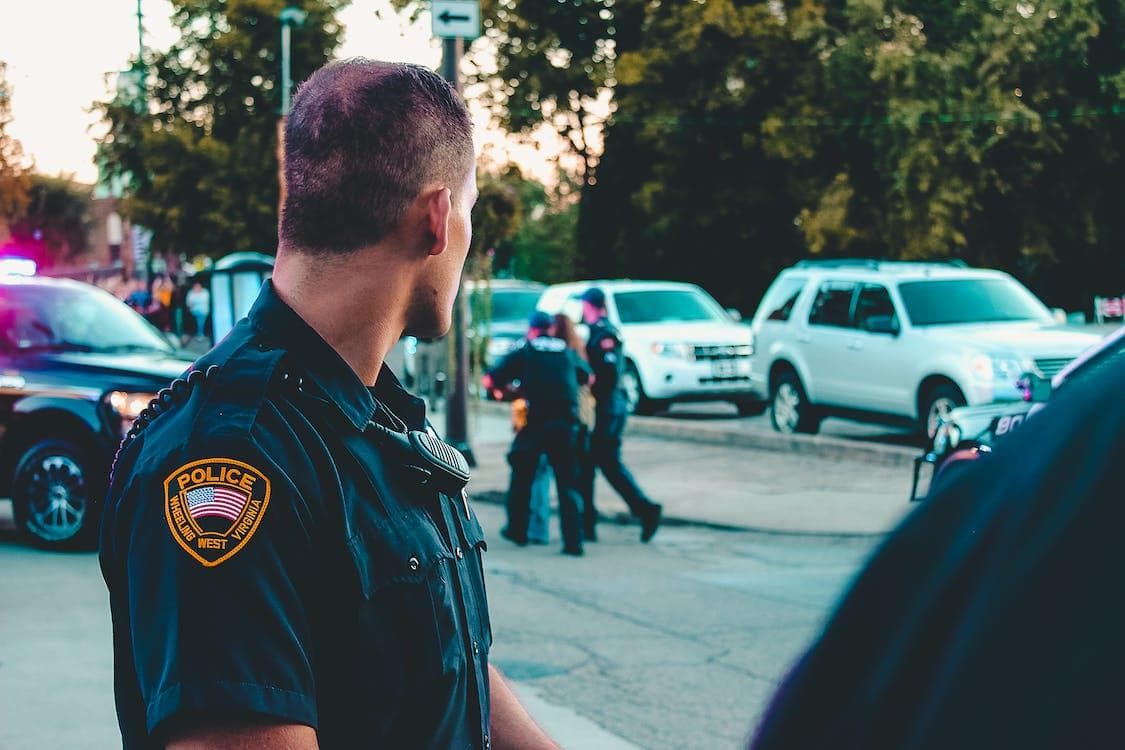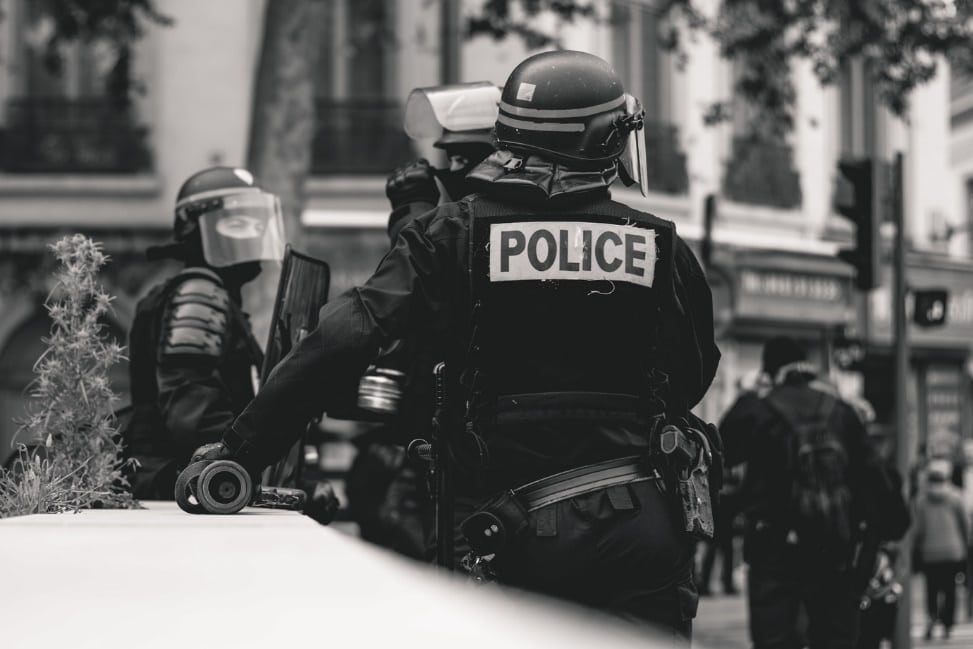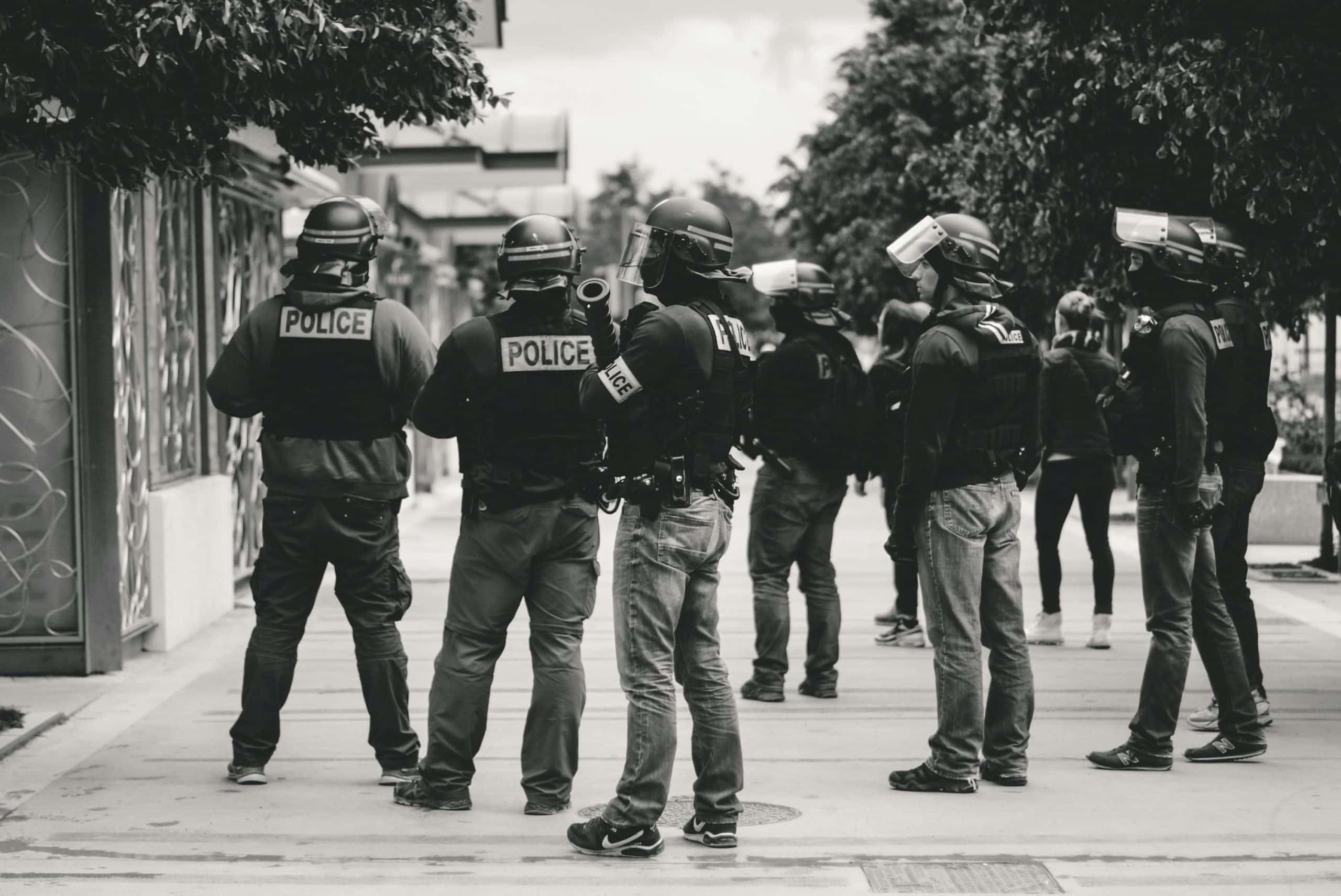In today’s world, where trust in law enforcement is crucial, it is essential to shine a light on controversial practices that may undermine public confidence. One such practice that has sparked intense debate and concern is the use of “no-knock” warrants.
These warrants allow police officers to enter the premises without prior warning or announcement, often during the dead of night. While proponents argue they are necessary for officer safety and preventing the destruction of evidence, there are significant risks associated with these warrants that cannot be ignored.
Join us as we delve into the world of no-knock warrants, exploring their potential for abuse and misconduct by law enforcement agencies. We’ll examine who is most at risk during these operations and discuss solutions to address this troubling issue. It’s time to shed light on this controversial aspect of modern policing and the need for a police brutality lawyer.
What Are No-Knock Warrants?
No-Knock warrants have been a topic of controversy and debate in recent years. These warrants allow law enforcement officers to enter a property without prior warning or announcement. The purpose of this approach is to catch suspects off guard, prevent the destruction of evidence, and ensure officer safety.
However, the use of No-Knock warrants raises significant concerns regarding civil liberties and the potential for abuse by law enforcement. Critics argue that these types of warrants can easily result in innocent individuals being harmed or killed, as they may mistake police officers for intruders.
Moreover, No-Knock warrants have also been associated with an increased risk of police misconduct. Without the need to announce their presence, officers could be more prone to using excessive force or engaging in illegal activities during these operations.
Communities that are most at risk for police misconduct during No-Knock warrant executions tend to be marginalized groups such as people of color, low-income neighborhoods, and those already experiencing strained relationships with law enforcement. This further exacerbates existing tensions between communities and the criminal justice system.
To address these issues surrounding No-Knock warrants, there have been calls for stricter regulations on when they can be authorized. Some propose requiring them only in extreme cases where immediate danger is evident.
Additionally, comprehensive training programs should be implemented for law enforcement personnel executing No-Knock warrants to ensure proper procedures are followed and minimize the potential for misconduct.
What Are the Risks Associated With No-Knock Warrants
No-knock warrants have been a topic of heated debate in recent years and for good reason. These controversial police practices pose several risks that cannot be ignored.
The element of surprise inherent in no-knock warrants can lead to dangerous situations. When officers burst into a home without warning, residents may instinctively react with fear or confusion. This can escalate tensions and increase the likelihood of violence on both sides.
There is an increased risk of innocent individuals being mistaken for criminals during these raids. In some cases, law-abiding citizens have been injured or even killed when police mistakenly targeted the wrong address. These tragic errors highlight the potential for grave consequences when executing no-knock warrants.
Furthermore, the lack of accountability associated with this practice raises concerns about abuse and misconduct by law enforcement officials. Without proper oversight or checks in place, there is a real possibility that officers could exploit their power during these operations.
Addressing the Problem of No-Knock Warrants
No-knock warrants have been a topic of controversy and concern for many individuals across the country. The potential for police misconduct during these raids has led to calls for action and reform. So, what can be done to address this problem?
It is crucial to establish clear guidelines and standards for the issuance of no-knock warrants. This would help ensure that they are only used in truly exceptional circumstances where there is an immediate threat to public safety or evidence tampering.
Additionally, increased transparency and accountability are essential. Police departments should be required to report on their use of no-knock warrants, including providing detailed justifications for each case. Independent oversight agencies could also play a vital role in reviewing and investigating any allegations of misconduct.
Moreover, comprehensive training programs must be implemented for law enforcement officers involved in executing these warrants. Emphasizing de-escalation techniques and cultural sensitivity can help minimize the risk of excessive force or unnecessary violence during these high-stress situations.
Implementing an independent oversight mechanism to monitor the execution of no-knock raids would help prevent abuses from occurring unnoticed or unaddressed. This could involve creating civilian review boards or strengthening existing internal affairs departments so that complaints against officers are thoroughly investigated.
We at The Bourassa Law Group are here to manage all your legal troubles in the state of Nevada. Call us at (800)870-8910 if you are looking for a Nevada police brutality lawyer.





